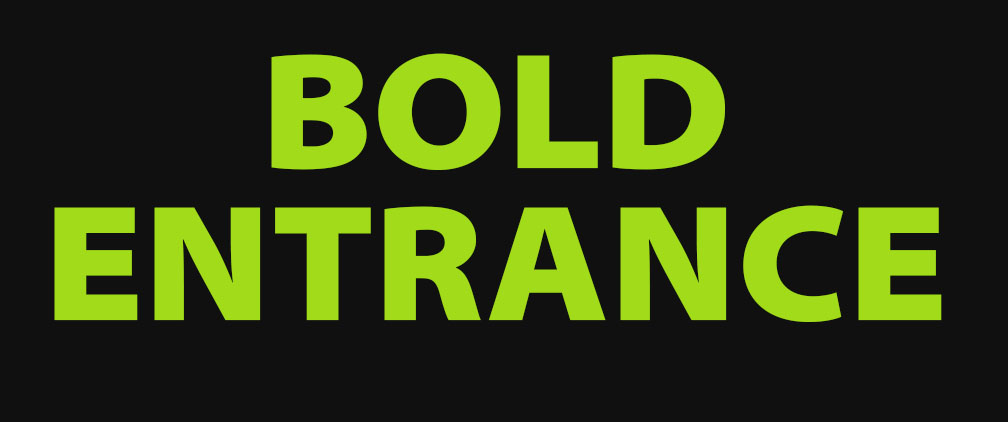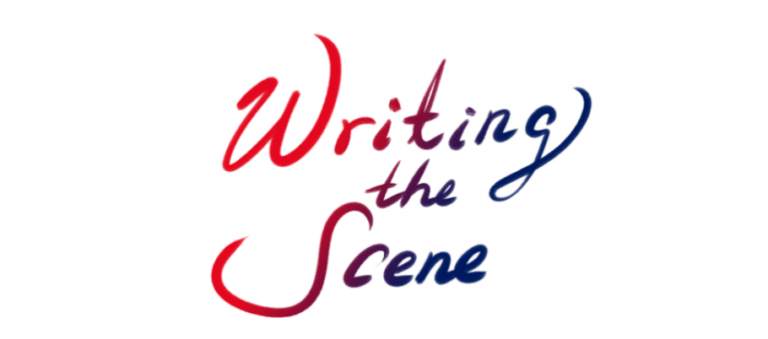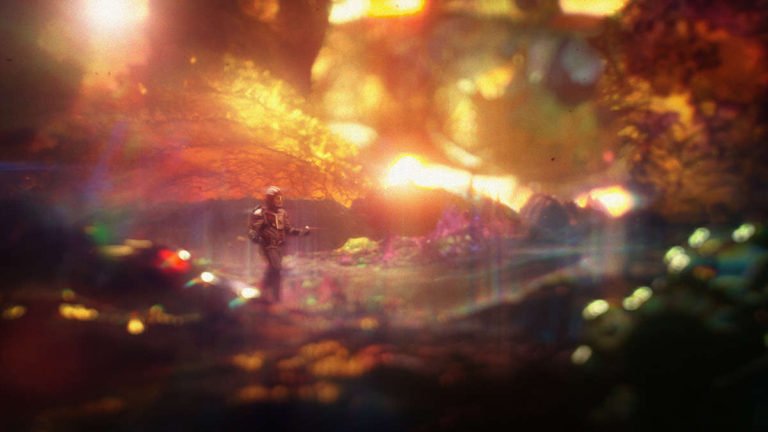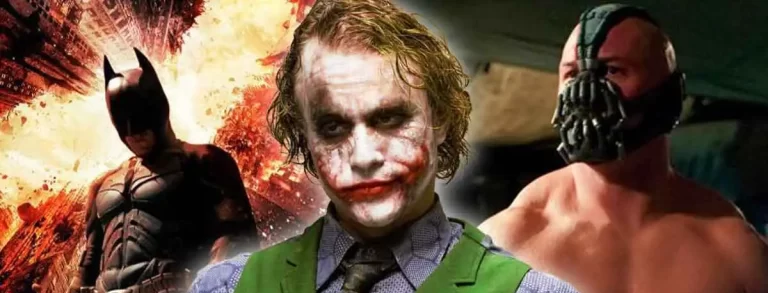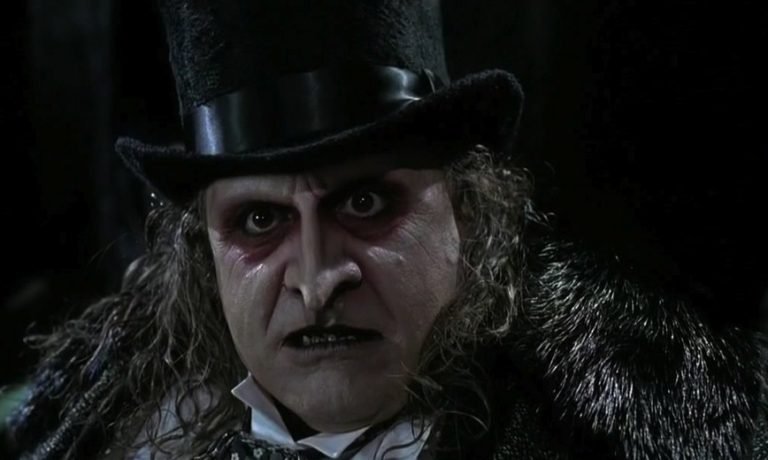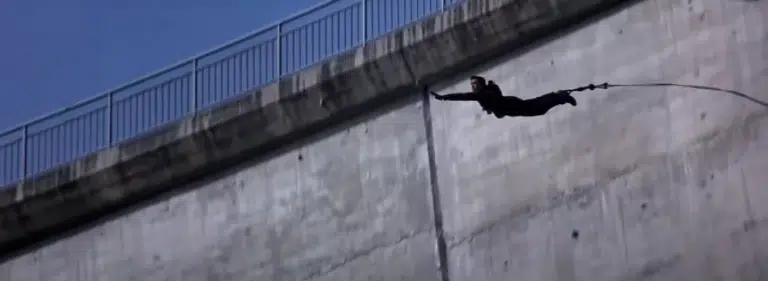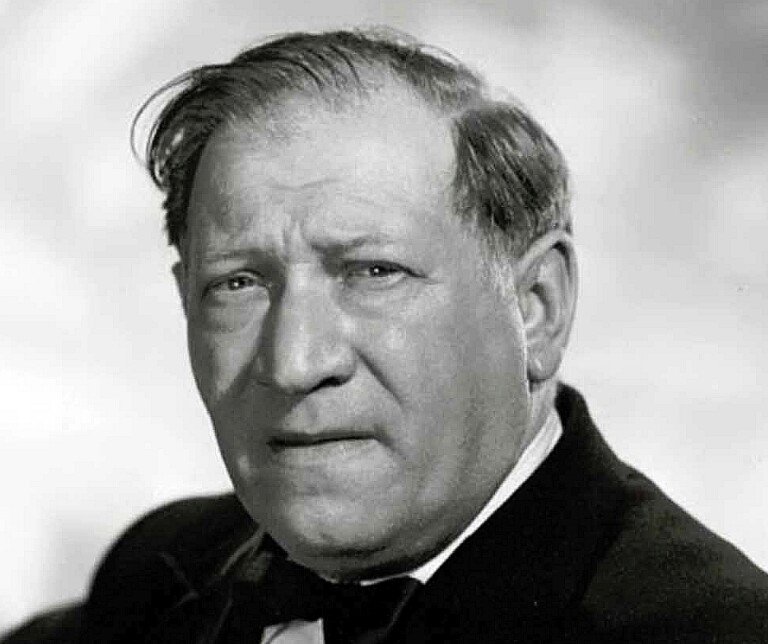How ILM Created That Continuous Hero Shot in ‘The Avengers’
One of the great cathartic moments in The Avengers was that one continuous shot where the team is finally working together–moving from Black Widow to Iron Man to Captain America to Thor to Hulk. Jeff White, ILM’s visual effects supervisor on the film said it was their hardest shot that they started on the first day and finished on the last day
“What I love about it is the idea, to show the bickering Avengers now working as a team,” he told Studio Daily. “It was a great moment. Unexpected. The perfect emotional release after a huge action sequence.”
The idea for the shot started with director Joss Whedon. To make the shot look seamless relied on marrying together each team member’s performing their special abilities without it looking like a series of character vignettes stuck together.
The video below shows the final product and the difficulties that VFX faced.
Source: Marvel Entertainment
Janek Sirrs, the overall visual effects supervisor, described the “iterative process” behind the Hero Shot’s creation to FXGuide.
First, they came up with ideas for beats for each character which were then put into crude previz. Sirrs said the scene came together very slowly. And one of the big problems was keeping the momentum of the shot going. If the camera slowed down so did the action. In order to keep the camera momentum, quieter moments were compensated by other action.
“[T]o do this in a manner that felt like the camera happened to be passing by events as they occurred, rather than deliberately seeking them out.”
Creating a Virtual New York
To the naked idea New York, in which the action takes place, looks like location work. But in actual fact, “the environment is 100% from start to end, created from extensive stills shoots of NY, and some of our set builds in Albuquerque. Given the speed and path of the (virtual) camera, there’s no way you could actually film any useful motion picture plate material in NY – it’s too fast for any sort of crane setup and too low for something like a helicopter. Not to mention that shooting in NY is incredibly restrictive, especially in such busy areas as Park Ave. and around Grand Central.”
A stills shot team spent 6 weeks in the streets of New York photographing everything needed for the background to the action of the one-shot. Panoramic shots were taken from tripods on streets, on building rooftops and windows. Every angle was photographed to ensure they got what they needed.
Then, “these stills were projected onto building geometry to create the basic streets, and then these streets populated with a huge library of digital cars, fleeing people, destruction, smoke to bring them all to life.”
Only Three Live-Action Actors Were
Only Scarlett Johanssen, Jeremy Renner, and Chris Hemsworth performed in the Hero Shot. The rest of the team–Cap, Hulk, and Iron Man–were ILM’s digi doubles. All fought CG aliens and fought on digital creatures in the virtual environment.
To seamlessly immerse the actors into this digital environment, they acted in front of blue screens on partial sets (later removed in post) or on forms doubling for digital creatures or objects in the scene.
A good example is Black Widow on the back of an alien piloting a vehicle at the beginning of the Hero Shot. On set, Scarlett Johansson was “riding on the back of a stunt man on a motion base system so that we could get not only banking/flying motion but also reactions from the pilot creature that she’s supposed to ‘riding’,” said Sirrs.
Difficult To Get Right
It’s clear the Hero Shot was one of the more difficult, if not the most difficult, sequences to get right. Previz helped map the sequence out, but as it still needed many adjustments as they progressed requiring many teams working on the sequence around the clock. “As one area improved, it would highlight an issue or an imbalance elsewhere that would have to be addressed.”
Sirrs jokingly labeled Joss Whedon a “sadist, or a maso chist or some combination of the two” for insisting on the scene. But the final result speaks for itself. Without it, audiences would have been cheated from that well-needed “Yes” moment when seeing the team finally come together harmoniously.
